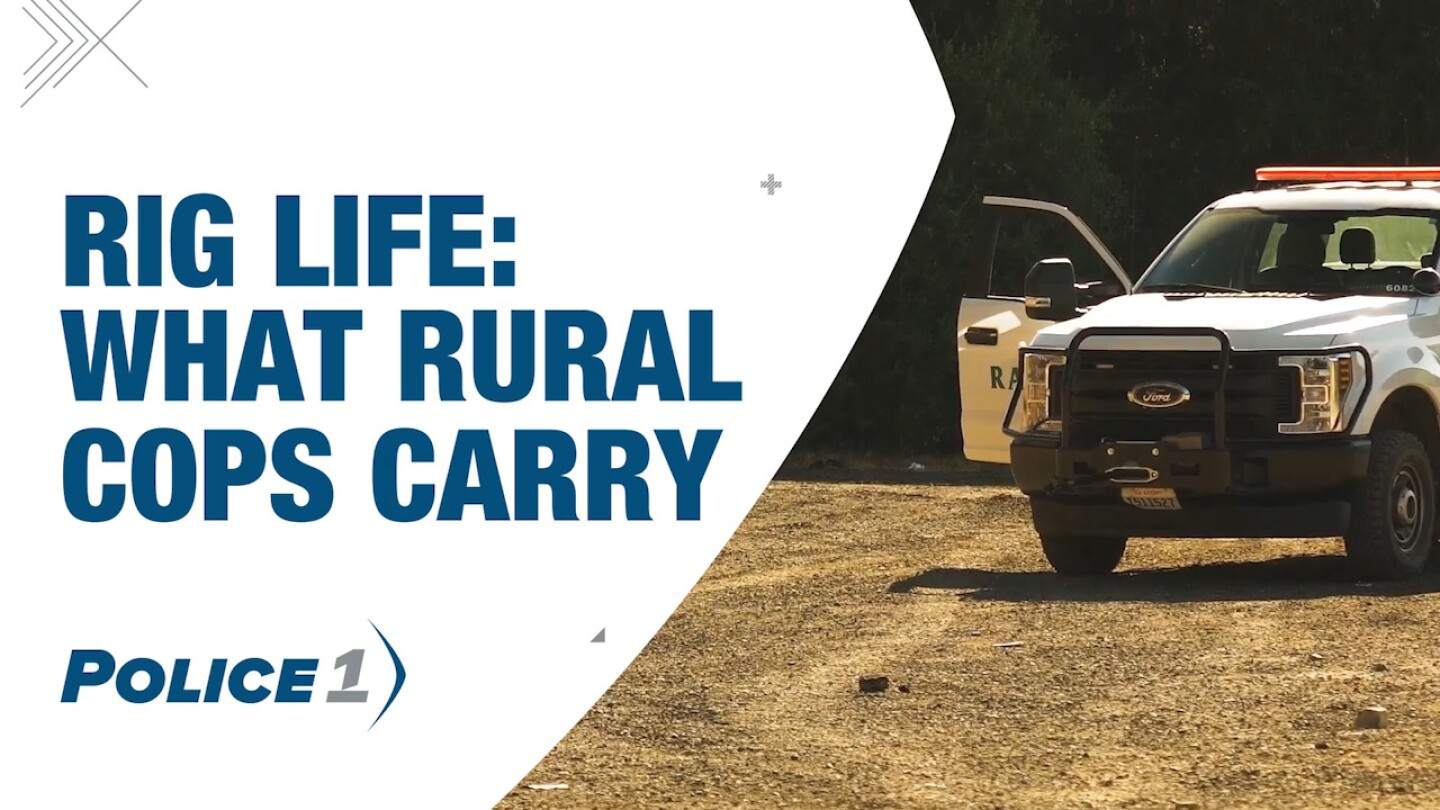Patrol Issues
The Patrol Issues topic page offers news, commentary, analysis, and tactical tips that will help prepare police officers for life on the thin blue line.
No qualified immunity for officers who fired at an uninvolved driver, finding their force and vehicle seizure unreasonable
A growing trend has officers driving with emergency lights on during routine patrol. Critics say it confuses the public, kills tactics and lacks any data to support it. What do you think?
A chief’s poem captures the quiet sacrifice of the officers who spend Thanksgiving on duty
Maintaining your situational awareness will provide good judgment, clear analysis, and proper decisions as you face the tactical challenges of a barricaded gunmen
The “3 Cs” can increase the chances of successful decision-making and scene management during these complex incidents
Duty Gear
A decade after its launch, the Maxx-Dri Vest, created by police officer Suresh Madhavan, continues to improve officer safety and comfort with its latest upgrade, the Maxx-Dri 5.0
In rural areas where a beat can cover hundreds of square miles and backup is far away, a cop’s patrol rig is a shelter, shed and toolbox
Bland shares how courage, mentorship and stepping outside your comfort zone are essential to breaking barriers in law enforcement
By maintaining a positive attitude and embracing unique skills, Gasparini explains how female officers can excel throughout their careers
Functional fitness is essential for police officers, enabling them to build the strength and agility required for real-world rescues and other high-stress situations
Explore how this joint effort in Northern California is reshaping emergency response with faster, smarter, drone-driven solutions
Smith discusses the TASER 10, VR-based training and the impact of AI on policing, highlighting how these advancements enhance officer safety, efficiency and effectiveness
Key leadership strategies for developing future tactical leaders and achieving SWAT team success
We must energize and educate the public on how they can prevent these shootings by watching for certain common behaviors these killers exhibit
Incorporate the eye-head-gun technique to boost your precision and avoid over-travel
A simple trip to the convenience store is anything but routine for cops
Lift more weight while reducing back pain: A guide on using weightlifting belts for first responders
Weightlifting belts that are properly fitted to the lifter can add extra support for the lower back and improve lifting performance
According to the “What Cops Want in 2024" survey, officers are experiencing unprecedented levels of fatigue and burnout
Gracie, a Brazilian Jiu-Jitsu Black Belt, discusses a new method of lateral restraint he developed where two subjects can control one person using a novel set of grips
Repetition and realistic scenarios in training are crucial for developing quick and effective responses
As drug crime and overdose deaths rise, Mike Sena, Director of the Northern California Regional Intelligence Center, shares insights into the battle against drug trafficking and evolving drug enforcement
Treating our ‘customers’ with dignity and respect is a laudable, achievable goal — but the traditional concepts of customer service just don’t apply to cops
Use these tips if you suspect a semi-tractor and trailer is being used to move drugs and other contraband
Explore the top tactical pants designed to provide the flexibility, comfort and durability needed for every scenario
An analysis of PERF’s 10-year look-back report on the phenomenon of body-worn cameras in American policing
Explore the significant distortions caused by fisheye lenses in body-worn cameras and understand the implications for accurate scene documentation and critical incident analysis
Lt. Julia Clasby shares her experiences as a female officer and mother, offering insight and advice to help women in law enforcement navigate their path into leadership roles
If you carry your backup tactical knife here, you can get to it with either hand
This segment highlights essential principles and practical steps to ensure successful tourniquet application in the field
Struggling with the chaos of law enforcement life? Terror management theory has implications for how to thrive instead of just survive
Researchers found that peer officer gunfire significantly and substantially influenced participant shooting behaviors — participants were over 11 times more likely to fire their weapons and discharged approximately 72% more rounds in the presence of gunfire
Explore our top picks designed to provide the support and reliability you require in the field
There is nothing more effective for building trust than personal, positive contacts between the police and those they protect and serve
MOST POPULAR
- The truth behind the ‘worst call’ question
- Training under pressure: Making every dollar — and decision — count
- ‘Perpetually tired': What police officers are saying about fatigue in the ‘What Cops Want’ survey
- 1,000 cops talk about shift schedules — and what’s not working
- 2025 could be the safest year for officers in a century — if we stay focused



































